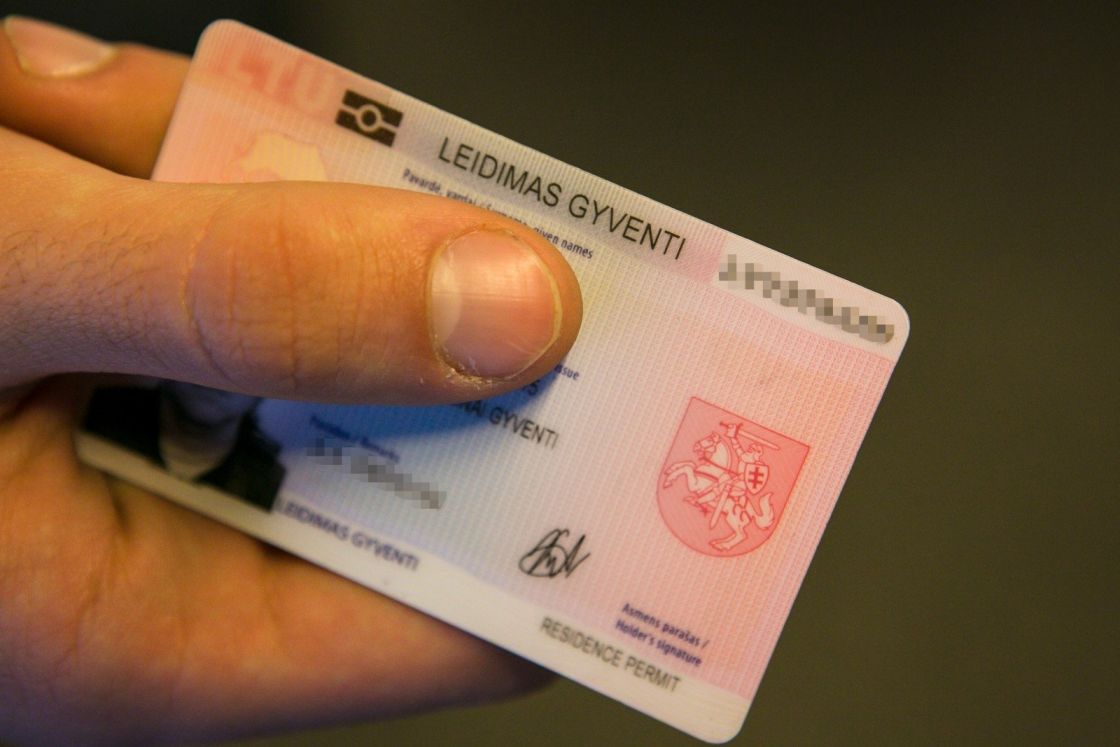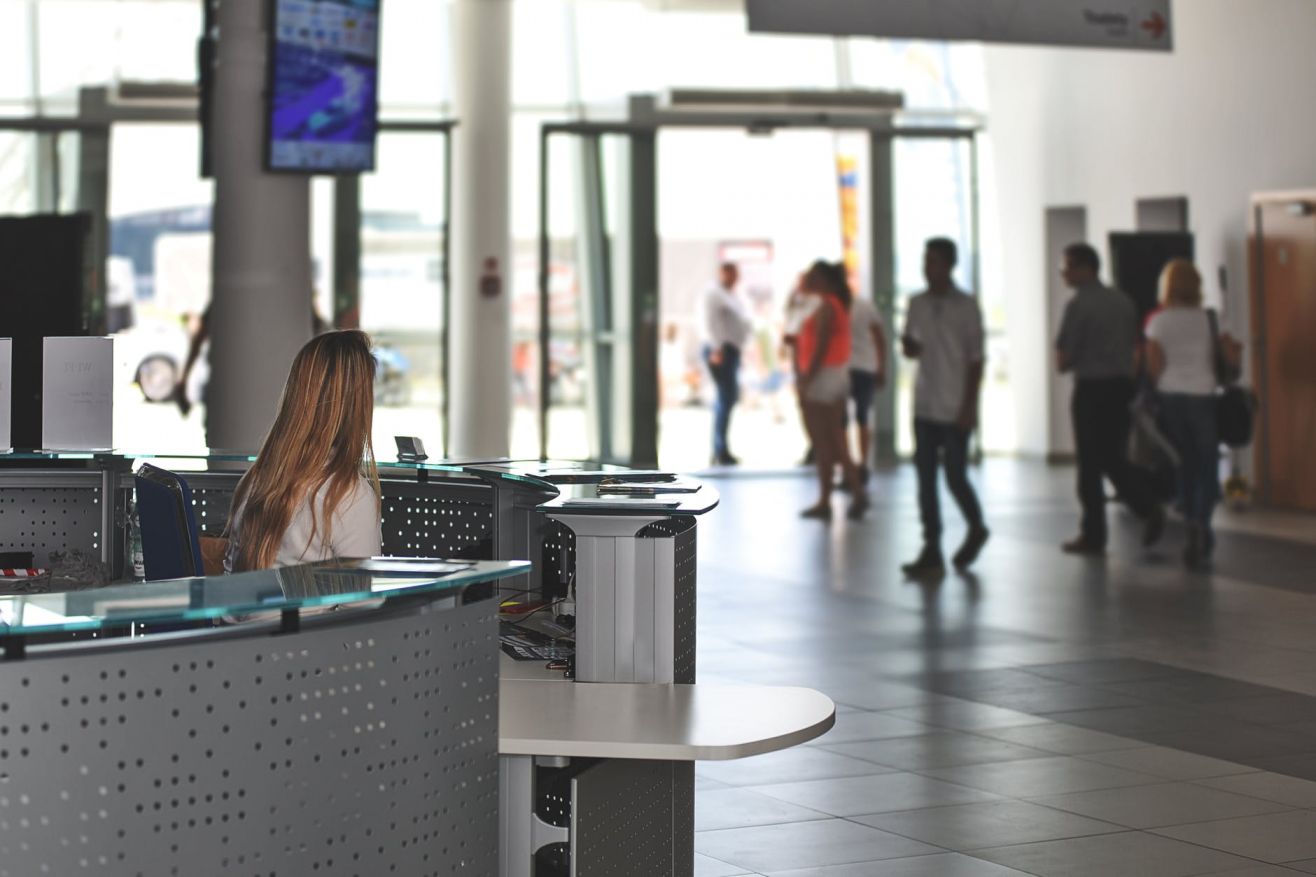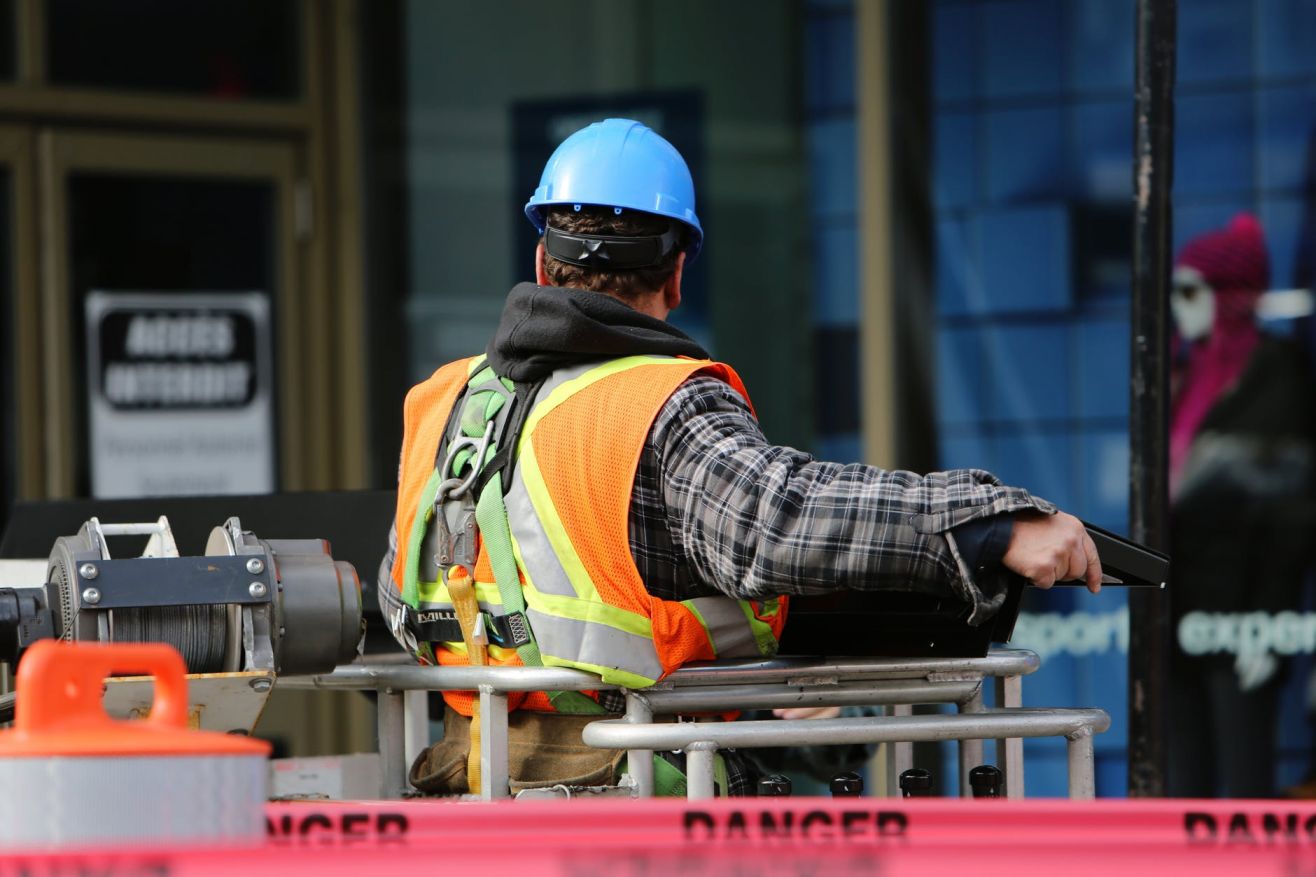- Home
- Immigration of work
Immigration of work

If a citizen of a foreign state wishes to be employed in Lithuania and reside there on this base, he (she) should find a Lithuanian enterprise for employment. An alien wishing to get a job in Lithuania should have a qualification required for the desired position, the evidences of such qualification as well as (in certain cases) evidences of having at least 1-year experience in the relevant sector of activities within the 3 last years.
The list of documents required for providing a right to work and reside in Lithuania to a person depends on the character of the planned job, the qualification of the alien, the agreed salary and other circumstances.
If an alien plans to be employed as a highly qualified specialist in Lithuania, the principal documents to be submitted by him should include:
1. The evidences of the qualification of the person (such as diplomas, training completion certificates and so on);
2. The evidences of experience of the alien in the relevant sector of activities (such as a copy of the Employment Record, a Certificate issued by the Employer).
In such a case, the alien shall be issued a Work Permit. Prior to submission of the required documents to the Labour Exchange, the Lithuanian enterprise that plans to engage the alien should publish an announcement on a vacancy accessible for other pretenders as well (the announcement should be valid for at least 5 working days before the date of submission of the documents to the Labour Exchange). If another likely candidate is not found, the alien may submit the documents for issue a Work Permit. When the Work Permit is obtained, the alien may apply for issue a national visa D that provides a right to work and reside in Lithuania for a period up to 1 year to an alien. After expiry of the 1-year period, a Residence Permit may be issued to the person. The term for making a decision on issue a national visa D: up to 15 days. The term for making a decision on issue a Residence Permit: up to 2-4 months.
If a foreigner is a specialist with a high professional qualification, he (she) should apply for a residence permit in Lithuania (issuance of a Blue Card).
 Immigration on the base of work
Immigration on the base of work
If a citizen of a foreign state wishes to be employed in Lithuania and reside there on this base, he (she) should find a Lithuanian enterprise for employment. An alien wishing to get a job in Lithuania should have a qualification required for the desired position, the evidences of such qualification as well as (in certain cases) evidences of having at least 1-year experience in the relevant sector of activities within the 3 last years.
 Employment of aliens in Lithuania
Employment of aliens in Lithuania
For employing third country nationals in Lithuania, they should obtain the documents that provide a right to work and reside in Lithuania. For issuing the documents, an alien shall apply to the territorial Labour Exchange, the Migration Departmentand, other competent governmental institutions. The list of the required documents and the procedure of their issue depend on the qualification of the person planned for employment, the size of the agreed salary and other circumstances.
 Work permit in Lithuania
Work permit in Lithuania
An alien who intends to work legally in Lithuania must obtain a work permit and a national visa D.
An alien who wishes to work in Lithuania should first find an employer – Lithuanian company that would like to hire him/her. Once finding an employer, an alien shall apply on the issue of a work permit in the Republic of Lithuania and a national visa D.
 BLUE CARD
BLUE CARD
Upon striving to ensure attraction of highly qualified specialists from third countries to the EU labour market, the European Union institutions have developed the incentive mechanism, also referred to as the BLUE CARD. BLUE CARD is provided in accordance with provisions of the Council Directive 2009/50/EC on conditions of entry and residence of third-country nationals in the territory of European Union. The said Card may be considered a work permit/a residence permit that provides citizens of third countries a right to live and work in the territory of the European Union. BLUE CARD is an alternative to a usual Work Permit; it ensures more rapid and easy way for accessing the labour market of Lithuania.
 Work visas
Work visas
For coming to Lithuania, a third-country national shall obtain a work visa. A third-country national can cross the border and access to the territory of Lithuania on the base of such a visa only. A third-country national who comes to work in Lithuania may be issued the national visa D. In such a case, the person should have a Work Permit for Lithuania issued by the Labour Exchange.
 Work of aliens temporarily posted to Lithuania
Work of aliens temporarily posted to Lithuania
An employee temporarily posted abroad is considered a person employed in a certain state and sent to work in the territory of another state for a fixed period. According to the legal norms of European Union and the Law on Guarantees for Persons Temporarily Posted Abroad, the relevant guaranties shall be applied to such persons, namely: prohibition of any discrimination; social protection, health care, norms of hygiene; working conditions; payment of wages; the duration of the leave, work and rest time. To a temporarily posted alien, the guaranties of the state of the temporal residence shall be applied.
 Job search in Lithuania
Job search in Lithuania
In Lithuania, job offers with descriptions of the offered positions provided by employers are published in a number of websites. The most popular websites include: http://www.cvmarket.lt/, http://www.cvonline.lt/english/, https://ec.europa.eu/eures/public/homepage and https://www.ldb.lt/en/Information/Pages/default.aspx.
 The professionals needed in Lithuania. A list of the most in-demand professions in Lithuania
The professionals needed in Lithuania. A list of the most in-demand professions in Lithuania
In Lithuania, the unemployment rate falls annually and employers more and more frequently speak about a particular lack of certain professionals. The Labour Exchange of Lithuania approves a list of the most in-demand jobs.
 Equivalence of a professional experience with a higher education qualification
Equivalence of a professional experience with a higher education qualification
On 22 March 2017, the Resolution No. 211 of the Government of the Republic of Lithuania “On the Approval of the Description of the Procedure for the Recognition of Professional Experience in Higher Education Qualifications and the Procedure for Issuing the Certificate of Approval thereof”, was adopted, wherein the provisions are entrenched enabling quick employment of highly qualified aliens who have at least 5 years of professional experience but do not have a higher education diploma. This description sets out the procedure for issuing a document certifying the recognition of professional experience in higher education qualifications.
Upon receipt of this document, qualified professionals from countries other than the European Union who are required by the Republic of Lithuania shall have the opportunity to get employed more easily in jobs requiring high professional qualifications.
 Change of the Employer or a Change of Job Position in a Workplace of the Same Employer
Change of the Employer or a Change of Job Position in a Workplace of the Same Employer
From 01 March 2019, the procedure for the issue of temporary residence permits for foreign employees who change job position in a workplace of the same employer or change the employer has been altered. The aliens will no longer need to apply for the issue of a new temporary residence permit, if:
- They provide to the Migration Department an application to change the employer or job position.
 Seasonal Employment in Lithuania
Seasonal Employment in Lithuania
Aliens who are willing to enter Lithuania to take up seasonal employment, must apply for the issuance of Schengen or national visa, but only after obtaining a work permit from the Lithuanian Employment Service.
A work permit for seasonal employment is issued for a period of up to six months within a 12-month period. A work permit issued for a period of up to 6 months may consist of one continuous period or several shorter periods, but the duration of these shorter employment periods in total cannot exceed a set working period of 6 months within a 12-month period.
 The advantages for persons employed in Lithuania
The advantages for persons employed in Lithuania
Having a job in Lithuania means working and residing in Europe, that is in a European Union Member State. Prior to coming to Lithuania, an alien who wishes to work in Lithuania should obtain the relevant permits. An alien may start working in Lithuania after obtaining a Work Permit (or another document issued by the Labour Exchange) and a Residence Permit or the national visa D. From the beginning of lawful residing and working in Lithuania, the alien is provided the same rights and social protection guarantees, as citizens of Lithuania, except of certain political rights, such as a right to vote and so on.
 Social guaranties
Social guaranties
Third-country nationals lawfully residing and working in Lithuania shall be provided all social protection guarantees that are foreseen for citizens of Lithuania. The national social insurance system of Lithuania is based on the principle of solidarity. Employed persons monthly pay the taxes dependently on their income. When a person falls ill or retires to a pension etc., he (she) receives social benefits.
 Immigration of Citizens of Australia, Japan, the United States of America, Canada, New Zealand and South Korea Who Intend to Work or Engage in Any Other Legitimate Activity in Lithuania
Immigration of Citizens of Australia, Japan, the United States of America, Canada, New Zealand and South Korea Who Intend to Work or Engage in Any Other Legitimate Activity in Lithuania
The citizens of Australia, Japan, the United States of America, Canada, New Zealand and South Korea, who intend to work or engage in any legitimate activity in Lithuania, are subject to simplified immigration conditions for obtaining a temporary residence permit in the Republic of Lithuania.
Citizens of the aforementioned countries arriving to Lithuania with an aim to work or engage in any legitimate activity do not necessarily have to comply with common requirements imposed on the third-country nationals.

































